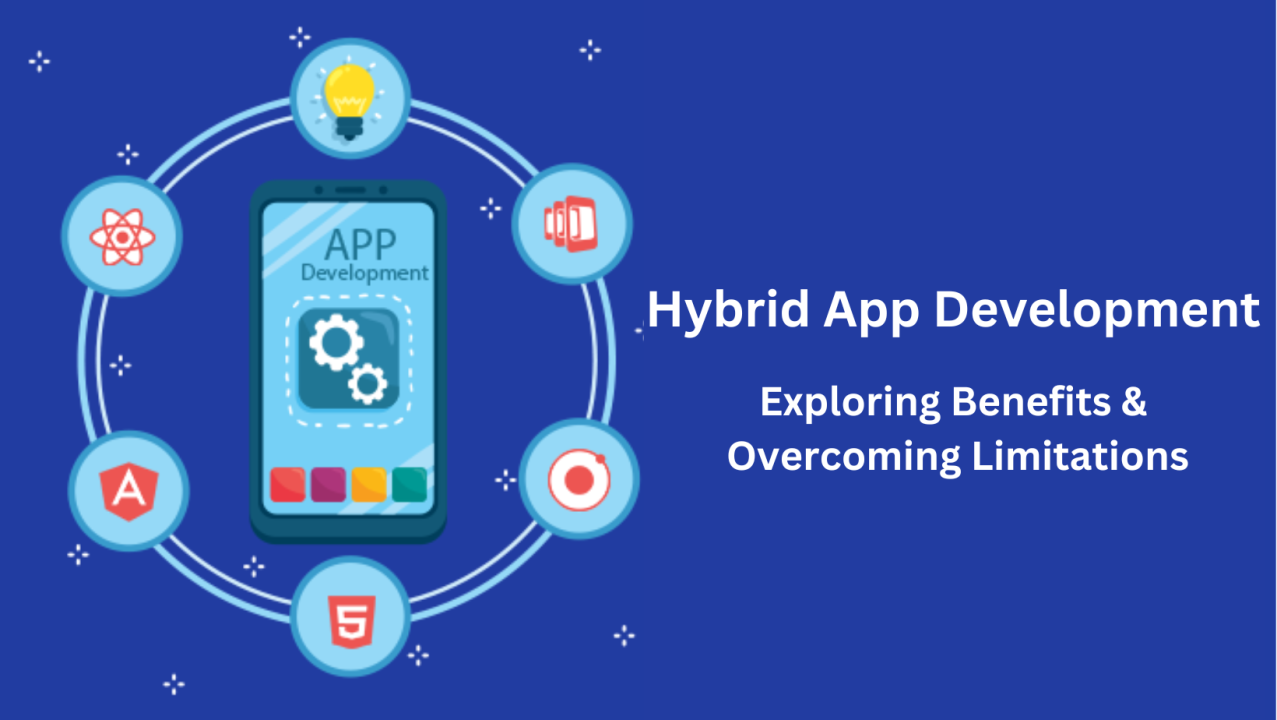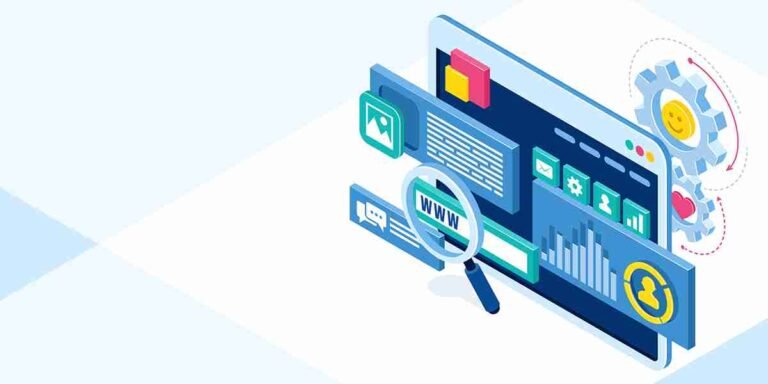How to Improve App Performance with Hybrid Mobile Technologies

In today’s fast-paced digital world, app performance is a crucial factor that can make or break the user experience. At Mountain Techno System, we understand that leveraging hybrid mobile technologies can significantly enhance app performance, providing users with seamless interactions and faster load times. In this article, we will explore effective strategies to optimize your hybrid mobile applications for superior performance.
Improving app performance using hybrid mobile technologies is essential for retaining users and ensuring satisfaction. Here are some effective strategies to enhance the performance of your hybrid applications:
1. Optimize Asset Loading
- Minimize File Sizes: Use optimized images and minified CSS/JavaScript files to reduce load times. Tools like ImageOptim and UglifyJS can help compress assets without losing quality.
- Lazy Loading: Implement lazy loading techniques to load resources only when needed, which speeds up initial load times and reduces bandwidth usage.
2. Use Native Components
- Hybrid Frameworks: Choose hybrid frameworks that allow for seamless integration of native components, providing a more responsive and fluid user experience. Examples include React Native and Flutter.
- Access Native APIs: Utilize native device features (like camera, GPS, etc.) directly to enhance performance and provide a more engaging user experience.
3. Optimize Code Efficiency
- Clean and Modular Code: Ensure your codebase is clean and well-structured. Modular code improves maintainability and allows for easier debugging, contributing to overall performance.
- Avoid Blocking Operations: Use asynchronous programming techniques to prevent blocking the main thread, which can lead to lag and unresponsiveness.
4. Implement Caching Strategies
- Cache Assets: Leverage caching mechanisms to store frequently accessed resources, which reduces load times and improves app responsiveness.
- Service Workers: Use service workers to manage caching and background processes, enabling your app to load quickly even in offline mode.
5. Monitor and Analyze Performance
- Performance Testing Tools: Utilize tools like Google Lighthouse, GTmetrix, or Appium to monitor app performance and identify areas for improvement.
- User Analytics: Analyze user interactions to understand bottlenecks and areas where users may experience delays, allowing you to optimize those features.
6. Optimize for Different Devices
- Responsive Design: Ensure your app is responsive and adapts well to various screen sizes and resolutions, enhancing user experience across devices.
- Test on Real Devices: Always test your app on a variety of devices and platforms to ensure consistent performance and usability.
7. Regular Updates and Maintenance
- Keep Libraries Up to Date: Regularly update libraries and frameworks to leverage performance improvements and security patches.
- Bug Fixes and Optimization: Address bugs and inefficiencies promptly to maintain optimal performance.
Improving app performance with hybrid mobile technologies is a continuous process that requires careful planning and execution. At Mountain Techno System, we prioritize performance optimization to ensure our clients’ applications deliver a superior user experience. By implementing these strategies, you can significantly enhance your hybrid app’s performance and keep users engaged.














